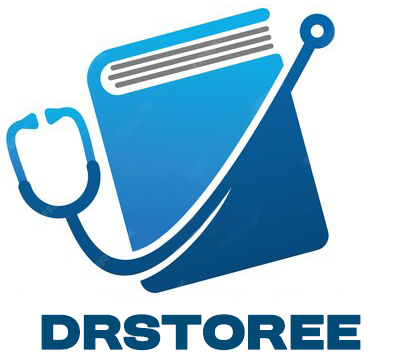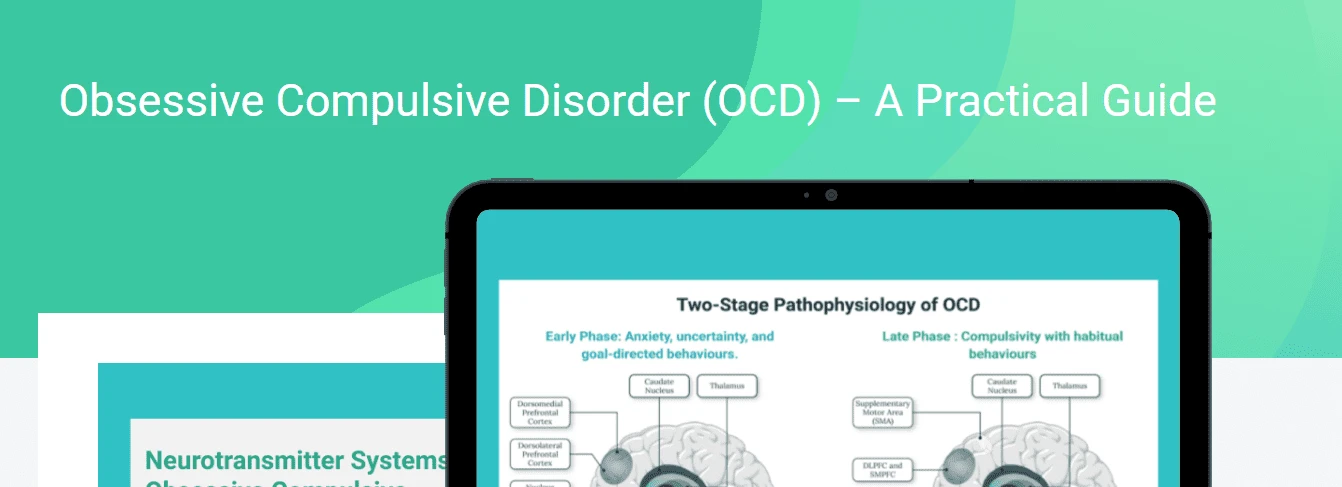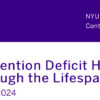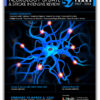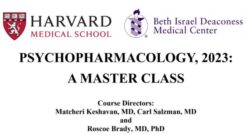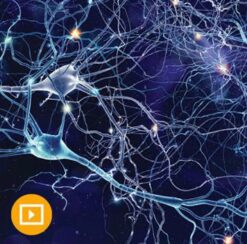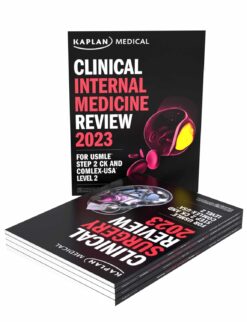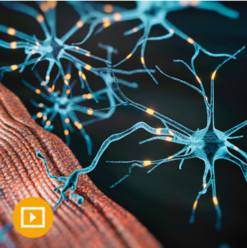Psychscene Obsessive Compulsive Disorder (OCD) – A Practical Guide
$35.00
This Product is shared via google drive download link, So please share your correct Gmail id while placing the order .Please note that there are no CME points or certificate associated with this course Samples for Courses Can be found here : Free Samples Here!
Format : Video + PDF
Obsessive Compulsive Disorder (OCD) – A Practical Guide
Obsessive Compulsive Disorder is a highly disabling psychiatric condition characterised by obsessions and compulsions. It is often missed, misdiagnosed and mistreated in clinical practice (Stein et al., 2019).
Discover the complexities of Obsessive Compulsive Disorder (OCD) in this comprehensive course designed for mental health professionals. Delve into the neurobiology, diagnostic criteria, treatment guidelines, and management strategies crucial for understanding and effectively addressing OCD in clinical practice. We will explore the pathophysiology of OCD, before looking at appropriate diagnosis and management of OCD symptomatology.
This course is designed for mental health professionals seeking to enhance their expertise in OCD, including: doctors, psychiatrists, psychologists, and other healthcare professionals working with mental health patients.
What You Will Gain:
- Expertise in OCD Diagnosis: Learn the diagnostic criteria (DSM-5) for OCD and gain proficiency in accurately identifying the condition in your patients (Module 1).
- Understanding the Brain Behind OCD: Delve into the neurobiology of OCD, exploring the imbalance between the brain’s goal-directed and habit systems mediated by the CSTC circuit (Module 2 & 3).
- Demystifying OCD Pathophysiology: Explore the physiological processes underlying OCD, including brain activity and the role of neurotransmitter systems (Module 4).
- Effective OCD Treatment Strategies: Equip yourself with evidence-based OCD treatment guidelines for adults and children, incorporating various approaches (Module 5).
- Addressing OCD Comorbidities: Gain insights into effectively managing comorbid conditions frequently associated with OCD, such as mood and anxiety disorders, etc. (Module 6).
- Self-Assessment and CPD Credit: Solidify your learning through a comprehensive course assessment and earn 5 CPD credits upon successful completion (Module 7).
This CPD-approved activity is delivered in 7 easy-to-navigate modules, featuring:
- High-quality video lectures.
- 17+ diagrams, illustrations, and algorithms for clear visualisation of complex concepts.
- Interactive self-assessment to gauge your knowledge and areas for further exploration.
Related products
Critical Care - Emergency medicine
Internal Medicine
Anesthesiology & pain medicine
Internal Medicine
